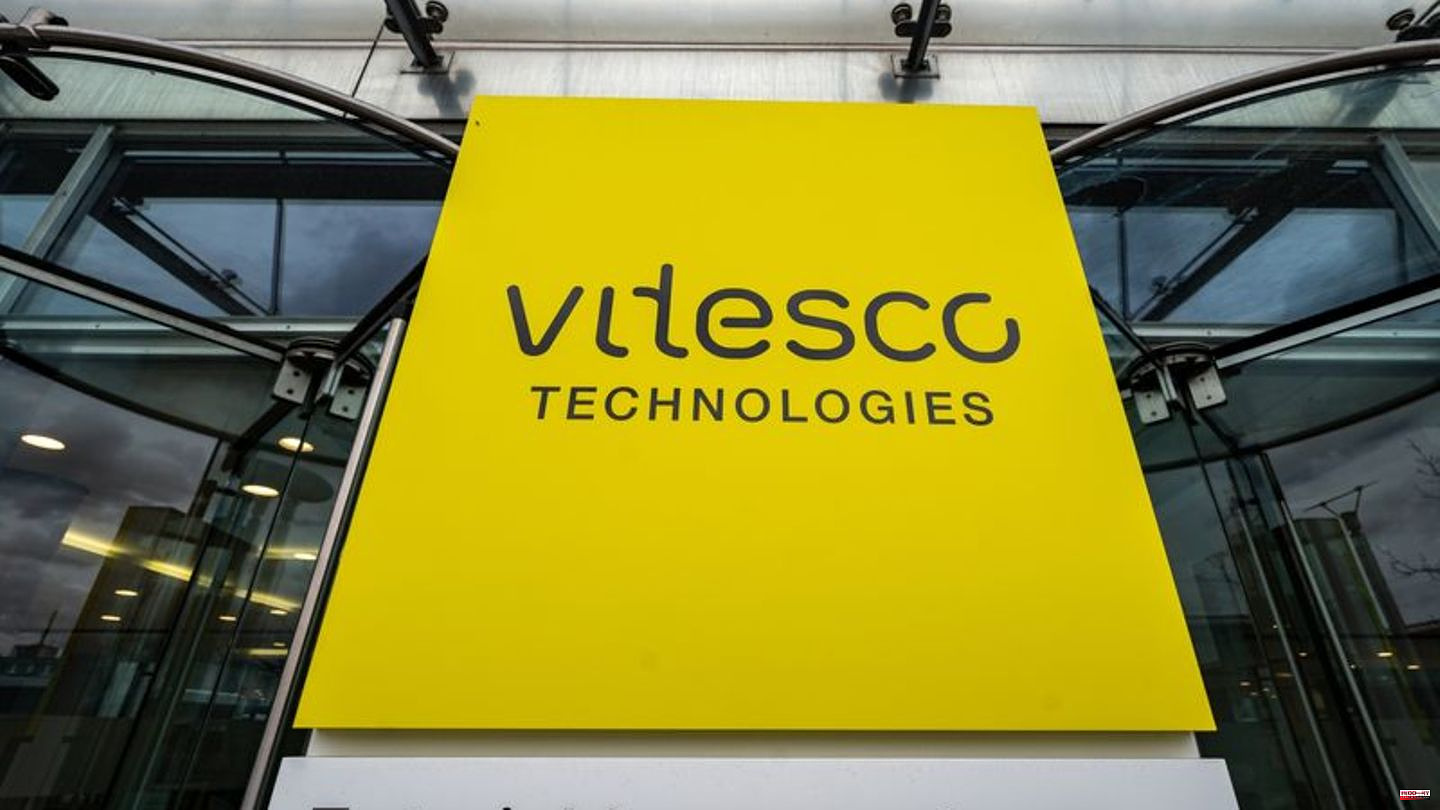In view of the lack of important components, the automotive supplier Vitesco wants to regionalize its supply chains more strongly. According to CEO Andreas Wolf, the drive specialist is in talks with customers about how the supply networks can be made more robust - even if it costs more money. "Specifically, we talk to customers who purchase preliminary products from China and ask: How much would it cost if you had this preliminary production directly in Europe or in the USA?" said Wolf in an interview with the financial news agency dpa-AFX.
When looking at the components alone, Germany has a cost disadvantage compared to other countries and regions. "But I think that you have to add costs that you have never really considered before - for example interrupted supply chains and disruptions to your own production," said Wolf. "The security of the supply chain is a very important lever for us."
Like the entire industry, the former Continental subsidiary suffers from missing components. The order books are full, but still cannot be processed sufficiently. "For the future, I assume that supply chains will be more regionalized," said the head of the Regensburg SDax group.
consequences of electrification
Many employees in Germany are affected by conversion measures due to electrification. Turbochargers or high-pressure pumps for injection systems no longer have any long-term growth opportunities. "Appropriate locations will be shut down or closed," said Wolf. Other products are technologically sophisticated, benefit from the proximity to development and are also not very labour-intensive. "We are planning this step in Nuremberg."
Vitesco is cutting up to two thirds of the jobs at its Nuremberg plant - a good 800 of 1160 jobs will be lost. "We cannot change the framework conditions such as wage or energy costs," said Wolf. Vitesco tries to take all engineers with them. Requalification in the field of electronics is relatively easy. A good 1000 employees have already been further qualified.
"But there are also locations, such as in Korea, that will be completely filled with products for electrification in the future, although they still manufacture combustion components today," said Wolf. "We will even hire employees there," said the manager. How many employees will actually be affected by the restructuring is difficult to predict. Last year, Vitesco generated sales of 8.3 billion euros with 37,000 employees at 50 locations.
Vitesco currently receives around 80 percent of orders for electric car parts - and that will remain the case, said Wolf. In terms of sales, however, electrical parts still only account for around 10 percent of the business. In 2024 or 2025 it should be around a third, by 2030 the proportion should increase to over 70 percent.








